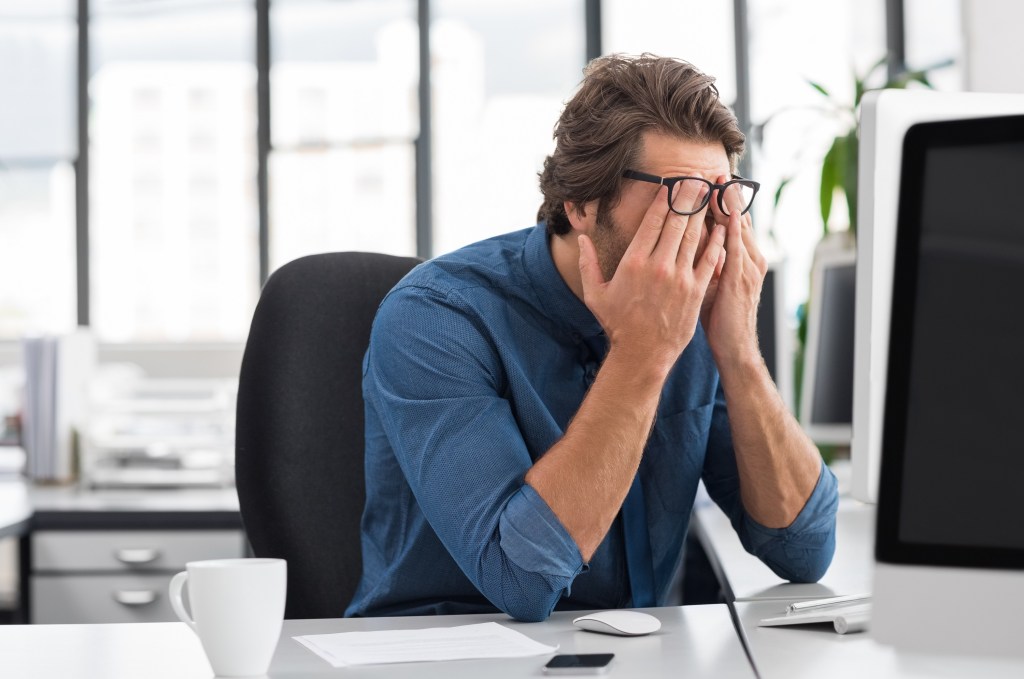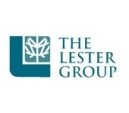A national Investor’s Business Daily/TIPP Poll for April, out Monday, reveals that close to two-thirds (65%) of Americans are concerned about keeping up with living expenses, including car payments and rent, as a result of the coronavirus outbreak. Digging deeper, one-third (33%) are “very concerned” about their living expenses, while a similar share (32%) are “somewhat concerned.”
Americans are also worried about the impact the crisis will have on their retirement accounts. Nearly two-thirds (64%) of U.S. adults say they are concerned that their retirement savings will be negatively impacted by the coronavirus, with more than one-third (36%) saying they are “very concerned” and close to three in ten (28%) citing “somewhat concerned.”
Almost two in five (38%) Americans have either lost their jobs or had their work hours reduced as a result of the coronavirus crisis. Overall, 15% of U.S. adults report having lost their job, while 23% have seen their work hours cut. Meanwhile, six in ten Americans say that their employment status has not been affected by the virus.
The West and South each posted a 40% share of those who have lost their jobs or work hours due to the coronavirus. More than two-thirds of Midwestern (36%) and Northeastern (34%) households have also reported job losses or reduced hours.
City dwellers are much more likely than their suburban and rural counterparts to have lost their jobs or work hours as a result of the coronavirus. Close to half (47%) of urban households say that they have lost their jobs or seen reduced work hours, compared with 33% of suburbanites and 31% of rural households.
Half of Americans favor providing direct payments to all Americans, while around one-third (34%) support targeting direct payments to lower-income Americans. Just 5% say no direct payments should be given.
The small business and health care sectors top the list of industries Americans deem most deserving of government assistance. Nearly two-thirds (65%) of Americans believe that small businesses and the healthcare industry should be prioritized, followed by restaurants, at 56%. No other industry earned majority support.
Those surveyed show overwhelming support for the restrictive measures enacted to curb the spread of the virus. More than three-quarters of survey respondents consider the coronavirus outbreak to be a serious threat, while just 16% say its threat has been exaggerated. Close to nine in ten (88%) Americans agree with the actions taken by many cities and states to close all nonessential businesses in order to prevent the spread of the coronavirus in their areas. A similar share (87%) also supports government measures placing limitations on the movements of Americans, such as “stay-at-home” orders.
Eight in ten respondents would support a nationwide quarantine requiring all Americans to stay at home for a period of two to three weeks.
The IBD/TIPP Poll reflects responses from an online survey of 1,226 U.S. adults fielded from March 29 to April 1, with results weighted to match the national population for age, gender, race, and region. The survey was conducted by TechnoMetrica, a market researcher in the financial and automotive industries.



